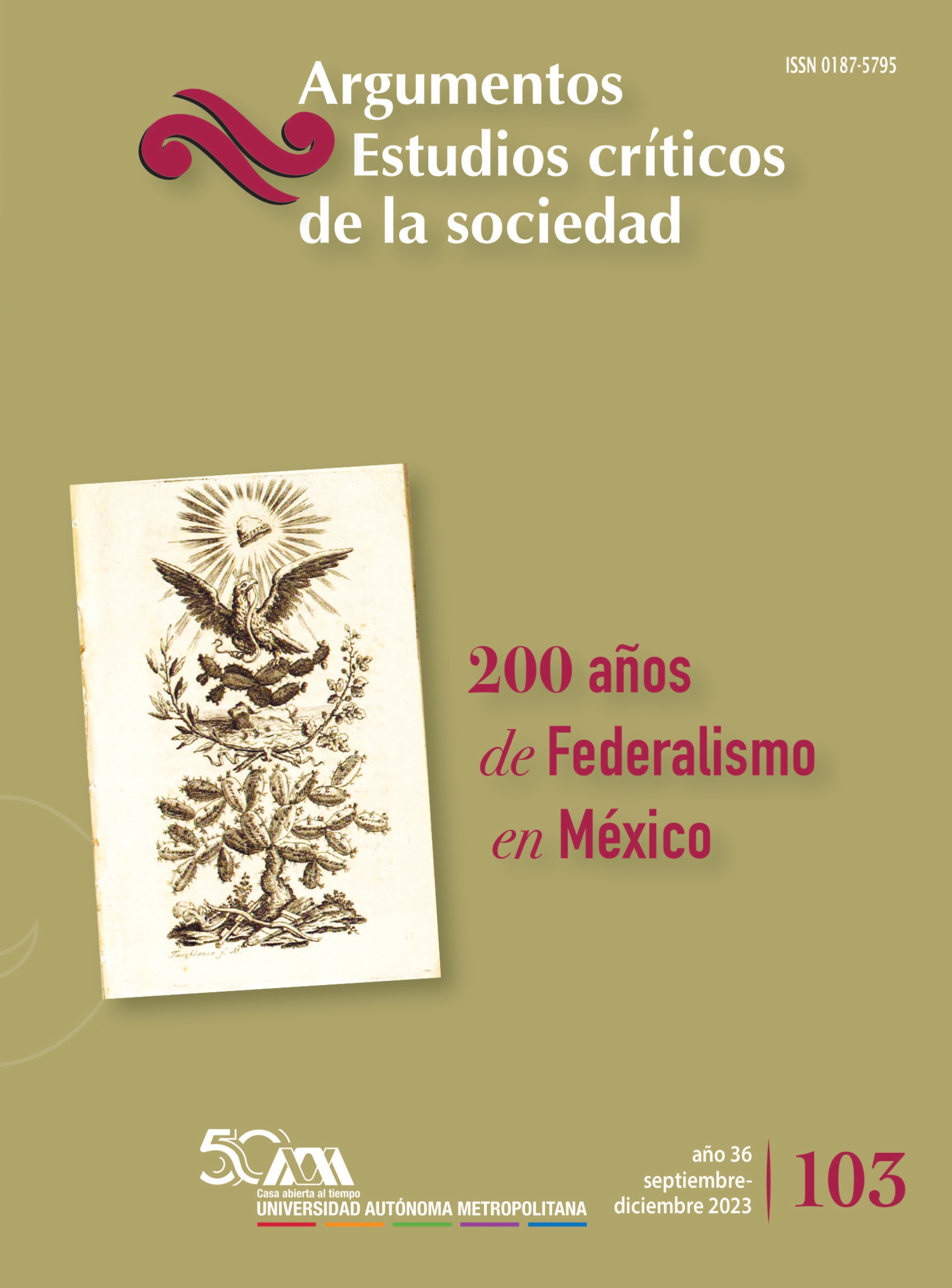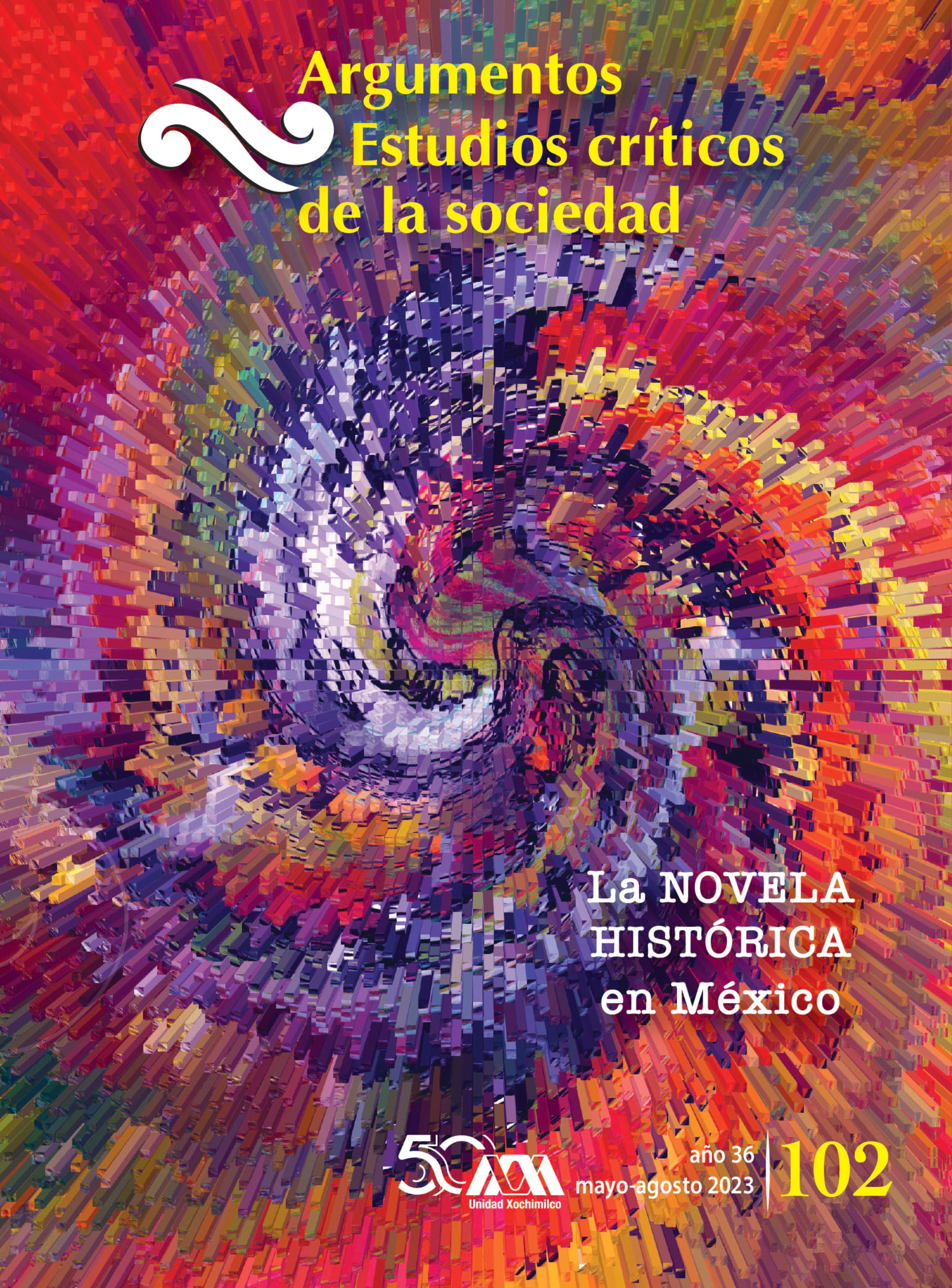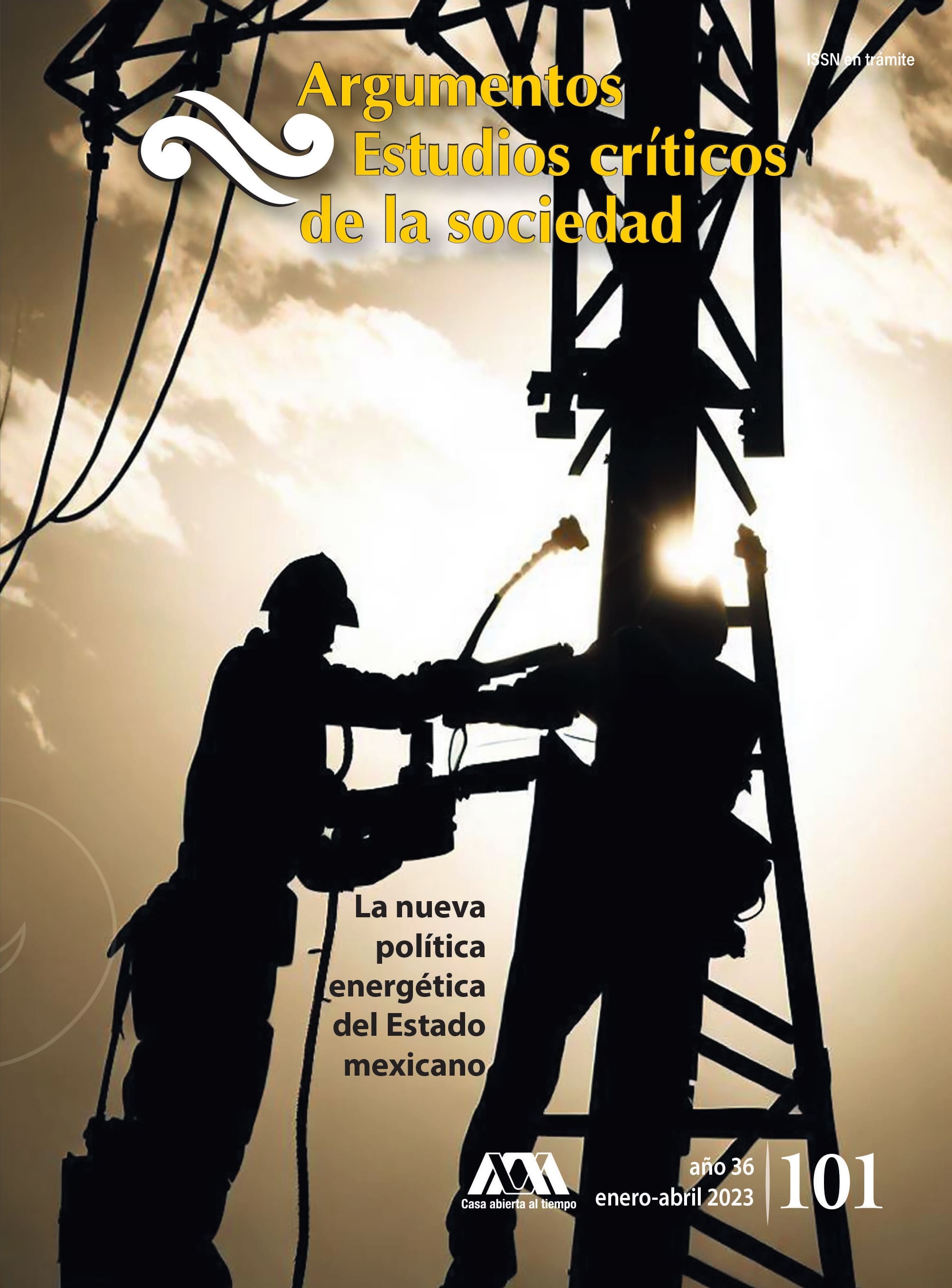Las instituciones microfinancieras en las condiciones de vida, ingreso y cultura financiera y empresarial
El caso Finsol Texcoco-Chimalhuacán, México
Abstract
Since the early 90’s, in Mexico as in practically all the world has seen a boom in the emergence of institutions dedicated to providing microfinance services, mainly microcredit. To the extent that it considers it as an instrument of fighting global poverty. However, it persists the debate between the ones who argue benefits and the ones who attribute social and economical costs. The present research is added up to the effort to determine the impact of microfinances in the life conditions of the users and their respective families, mainly in the income, consumption, financial and enterprising culture. The study reveals that there are no significant changes in the income of users of microfinance services (USM), at least until the 30 first months after using the microfinancial services. However, the most noticeable is the increase of the consumption levels (basic food) of the families, which is showed in the reduction of the saving capacity of the persons. Microfinances contribute to the formation of an enterprising culture among the persons who use them, of the fiscal status of the business and in the reinvestment of utilities. Key words: microfinance, growth, poverty, living conditions.








